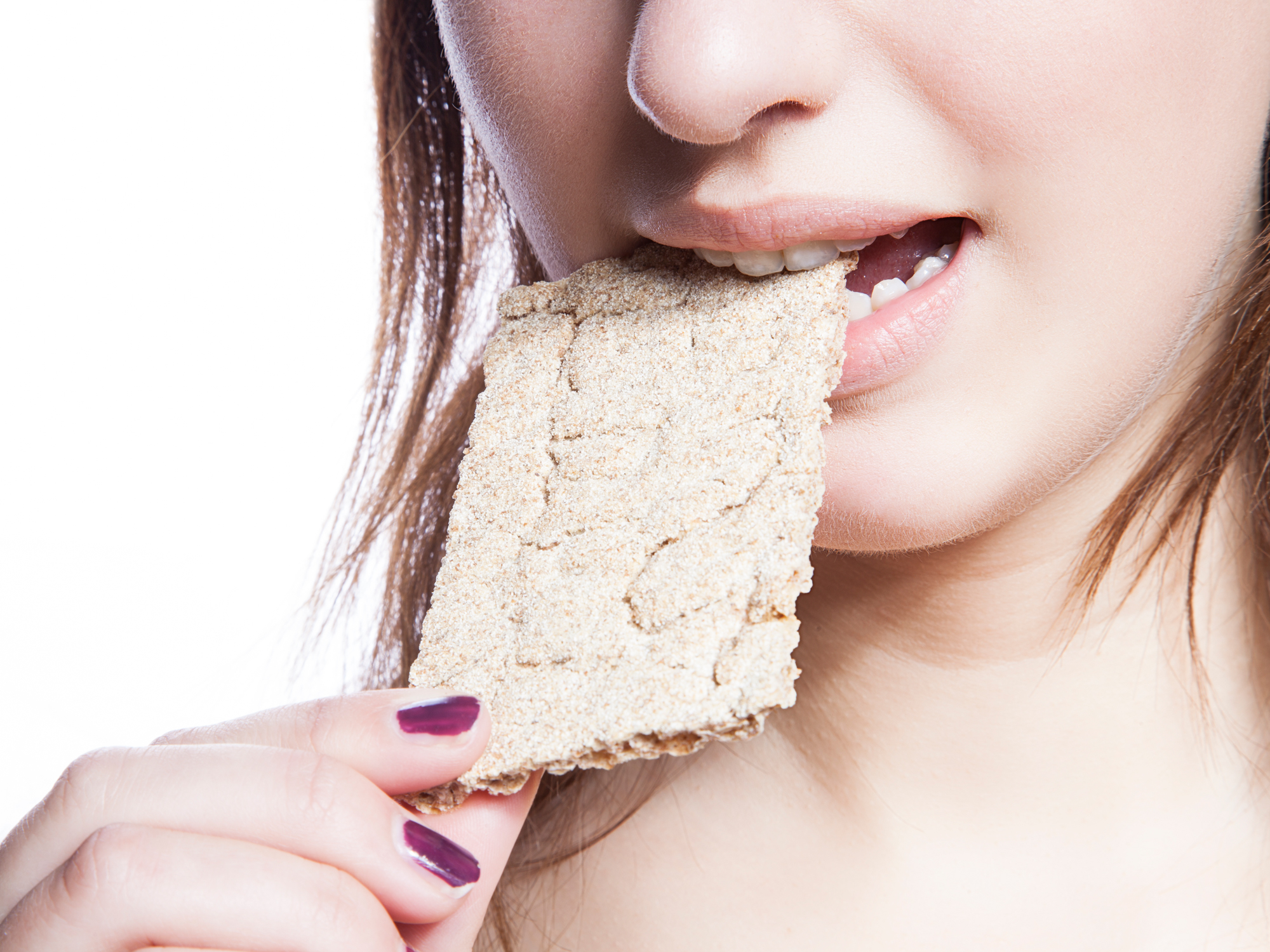Get Easy Health Digest™ in your inbox and don’t miss a thing when you subscribe today. Plus, get the free bonus report, Mother Nature’s Tips, Tricks and Remedies for Cholesterol, Blood Pressure & Blood Sugar as my way of saying welcome to the community!
Take a bite out of blood sugar spikes

Balanced blood sugar is an important key to a healthy life. And not just if you want to fend off diabetes…
The peaks and valleys of unbalanced blood sugar create inflammation in your body, and that leads to a host of problems like asthma, ulcers, rheumatoid arthritis, multiple sclerosis, Alzheimer’s and even cancer, just to name a few.
But keeping your blood sugar balanced is not always easy. It requires a lot of discipline — especially when it comes to sugar-filled foods and carbohydrates that cause your glucose to skyrocket and then crash soon after.
In fact, carbohydrates are so hard on your blood sugar (and body) that some people decide to give up high-carb foods altogether, like those who choose to go paleo.
But if you just can’t give them up, I have another piece of advice: Chew the next bite of your favorite carb a certain way to deflect a dangerous sugar spike…
It may sound strange, but researchers from the Agency for Science, Technology and Research (A*STAR) in Singapore recently discovered that how you chew your carbs has a big impact on how they affect your blood sugar.
This is really good news for carb-lovers (like me) because it means you can continue to enjoy high-carb foods from time to time without riding the usual glucose rollercoaster.
For their study, researchers looked at two different kinds of rice (basmati and jasmine), and examined how each affected blood sugar when chewed in different ways.
They concluded (for both kinds) that how you chew high-carb foods like rice definitely changes the way your blood sugar reacts to the food. So they came up with a list of recommendation on how you need to chew your next bowl of rice if you want to avoid a glucose spike:
- Take less frequent bites. Researchers found that quick, continuous chewing releases more glucose into your bloodstream. So take a brief pause before you reach for another mouthful.
- Take smaller bites. The fewer bites you take per mouthful, the less your blood sugar goes up, according to researchers. So aim for a sparsely-filled spoon or forkful.
- Chew more slowly. Researchers say that slow chewing is an easy way to keep your blood sugar low.
- Chew your food less. In other words, you want to chew your food slow, but not for a long time. I know this one sounds counterintuitive, but the research shows that the longer you chew, the higher your blood sugar.
If you take these chewing principles beyond your bowl of rice and apply them to high-carb foods in general, you should have an easier time balancing blood sugar levels… without becoming a slave to the stringent restrictions that make low-carb or no-carb diets so hard.
Editor’s note: Are you feeling unusually tired? You may think this is normal aging, but the problem could be your master hormone. When it’s not working, your risk of age-related diseases skyrockets. To reset what many call “the trigger for all disease” and live better, longer, click here to discover The Insulin Factor: How to Repair Your Body’s Master Controller and Conquer Chronic Disease!
Source:
-
Lijuan Sun et al. The impact of eating methods on eating rate and glycemic response in healthy adults, Physiology & Behavior (2015).













